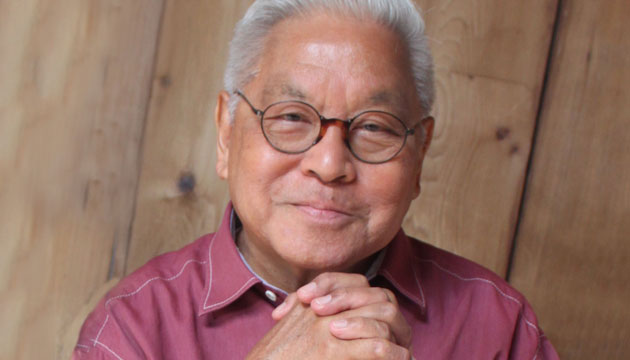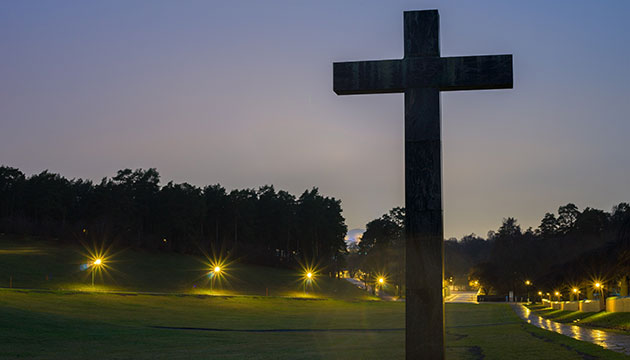October 1, 2023 - Canadian Filipinx Louie Leyson of Surrey, B.C. won this year’s CBC Nonfiction Prize for their essay inspired by research on overseas Filipino workers (OFWs). [Leyson uses the pronouns ‘they’ and ‘them’.]
Glossary for an Aswang has been published in The Malahat Review, Palette Poetry, The Rupture, Catapult and Plenitude magazines. Of their work, Leyson told CBC, “Not enough people in Canada acknowledge the visible labour of Filipino migrant workers around them.”
Glossary for an Aswang began as an exercise in a writing workshop run by Griffin Poetry Prize winner Billy-Ray Belcourt.
As a University of British Columbia undergrad, Leyson recalled, “He had the same assignment for all of us to write in the form of a glossary. You may have noticed that the essay is in this experimental glossary format. He provided us with the examples of other writers who have similarly mixed the creative nonfiction genre with the format of a glossary.”
It was then that Leyson adopted the format but “wanted it to be about something…I did a lot of research on Filipino overseas workers for different projects and ended up returning to that research.” It took a year before they felt the essay was where they wanted it to be.
The final product is like a thing inside of different parts of my writing from different things, but organized under the form of a glossary. Maybe that comes through a little in the actual work because it's very nonlinear and it's a bit jagged and fragmented. Like literally cut out from different things and put together like a bit of a giant puzzle."
As part of the prize, Leyson received $6,000 from the Canada Council for the Arts and a two-week writing residency at Artscape Gibraltar Point.
Glossary for an Aswang earned the attention of the 2023 CBC Nonfiction Prize jury.
In a statement, the jurors noted, “The stories within this story are painfully fragmented — much like, the writer laments, the histories, families and individual memories of the Filipino people, suppressed by colonization and dispersed across a globe dependent on Filipino domestic workers. Each fragment intimately situates the reader within the loneliness, isolation, injustice, violence and even death faced by those who leave their families in search of a better life.”
Leyson’s essay was selected from over 2,000 entries from a total of 38 writers formed this year’s longlist compiled by a team of writers across Canada.













